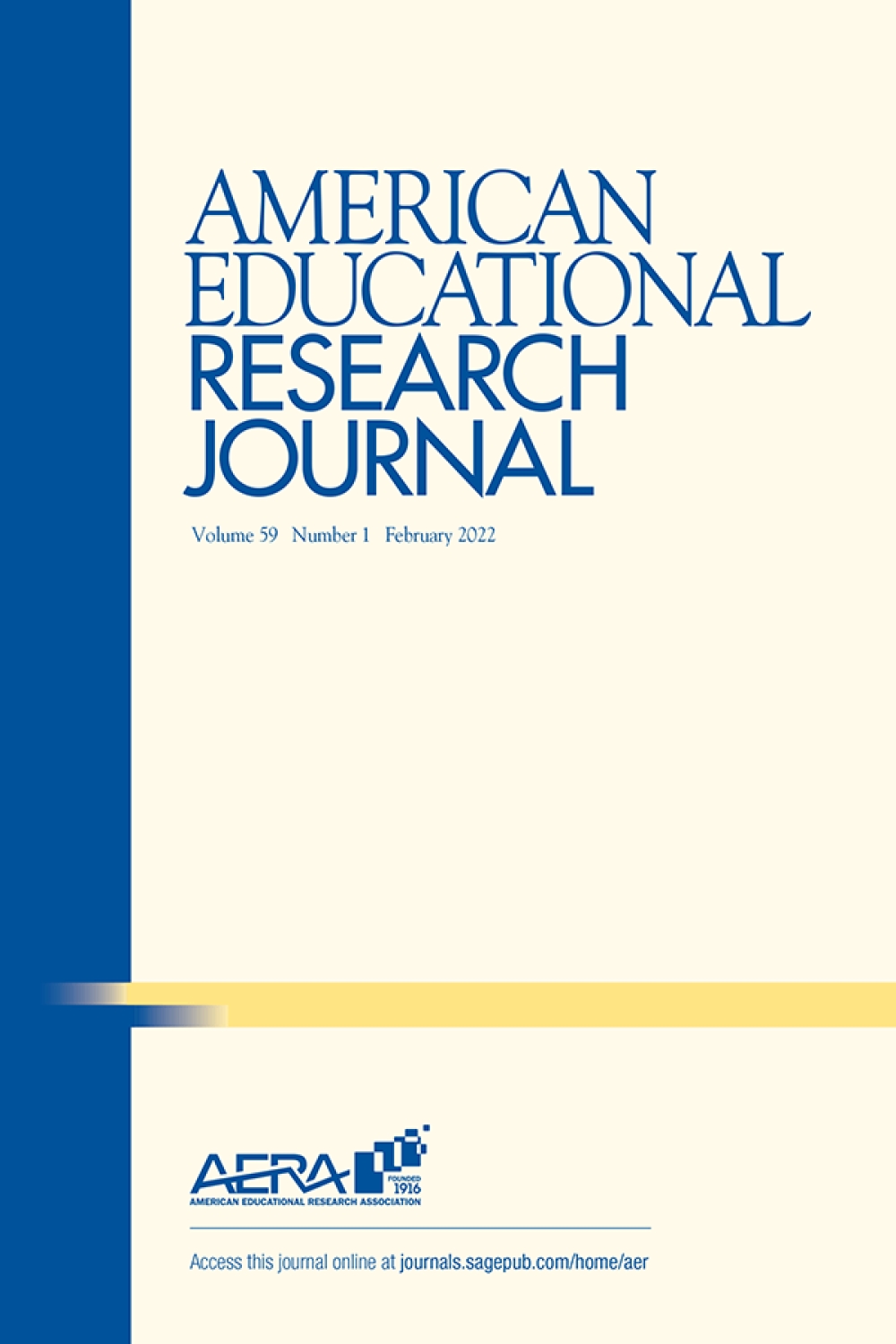
Nationally, 15% of first-time community college students were high school students taking college coursework through dual enrollment in the fall of 2010, and the percentage has risen since then. The growing numbers of dual enrollment students at community colleges raises concerns about how high school peers might influence traditionally aged college enrollees.
Using administrative data from a large state community college system, this paper examines whether being exposed to a higher percentage of dual enrollment peers influences non-dual enrollment enrollees’ performance in college courses. Focusing on entry-level (or gateway) math and English courses and employing a two-way fixed effects model, the authors find that non-dual enrollment college enrollees exposed to a higher proportion of dual enrollment peers had lower pass rates and grades in gateway courses, higher course repetition, and lower subject persistence.
A version of this paper appears in the American Educational Research Journal, vol. 59, no. 1.
